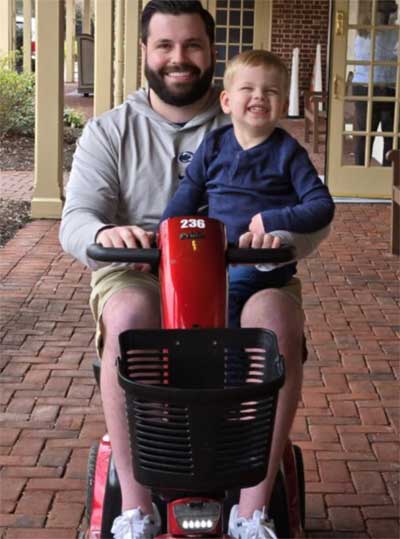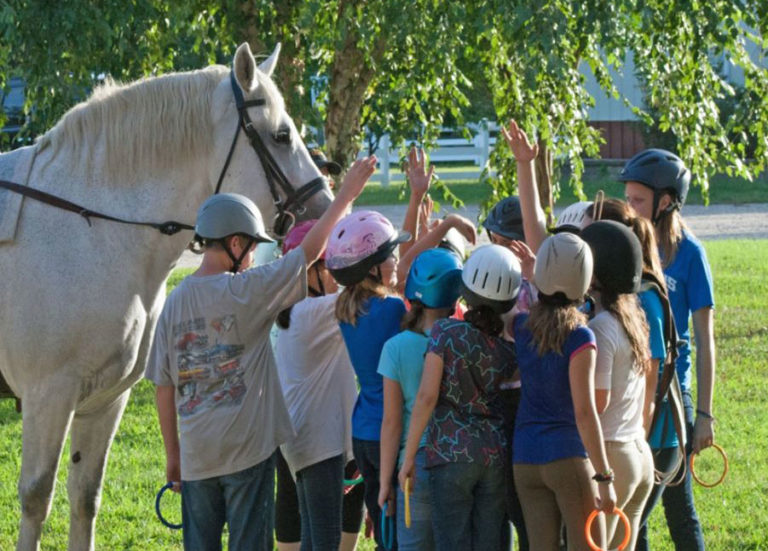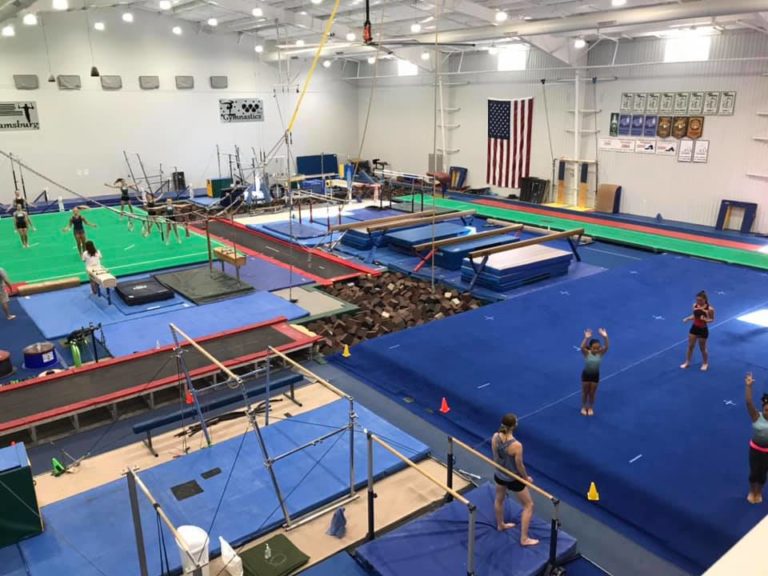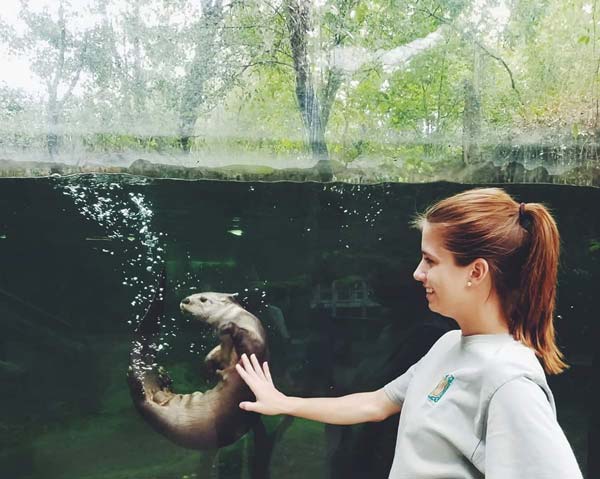The Oxytocin Connection
by Helene Timpone, LCSW
From infancy when a parent feeds their child, touches them, soothes them, smiles, sings songs, etc. the child’s brain will learn to produce a hormone known as oxytocin. This Oxytocin release is then responsible for the bond and attachment that the parent and child share.
Child-Teen: Bryan Post created a 10-20-10. He explains “This is 10 minutes of quality time in the morning, 20 minutes in the afternoon and 10 minutes in the evening”. This exceeds the national average of quality time parents spend with their children which is only 11 minutes per day. During this quality time Post instructs parents to avoid teaching and lecturing. This time is best spent enjoying and engaging in your child’s interests and by allowing them to guide the time with you.
Preteen-Teen boys: The best way to produce oxytocin is through wrestling, rough housing and tickling. They also typically like their backs scratched or rubbed while watching TV. The key is to invite them to cuddle up without asking. Sat their name and try just patting the couch as a signal to come sit beside you. Depending on your kiddo it may even be best not to make eye contact.
Preteen-Teen girls: Gwen light says “20 seconds hugs” produce major oxytocin rushes in the female brain. They needs of cuddling, touching, massaging and since girls speak about 20,000 words a day…let her talk while you are listening.
Meet them at their Emotional Age: PLAY, PLAY, and PLAY..Try to see beyond the physical age and meet them at the age they are behaving at. If he is 14 and acting like a 5 year old have a marsh mellow fight!
- Are you acting outside of your comfort zone? If so, they will often feel the discomfort and reject the idea. If this is you..Make a statement out loud. “I really would like to be able to hug you more and I know I seem awkward. I just don’t have a good imprint for it and want to learn. Can you help me out?”
- Your child is usually defiant. Then expect that their brain needs either a few to 20 minutes to understand there is no danger. Once they are calm try again. Test to see if they respond better to your use of words or if they just need a physical prompt.
- Are there sensory issues? We often touch others in the way we like to be touched. Try something different and ask them about it. For example: Rubbing their back lightly may feel uncomfortable ask them to try adding more pressure and if it feels good.
- Do they need control? For some they would rather give the massage then get the massage. Find out what works for your kiddo.
- Are you passionate about it? Children and kids of trauma need evidence that “it is TRUE” you really do want to spend time with them. Try something big every day for 10-20 minutes until they get it. Such as show up each day at a specific time and tell them it is their time and you will be here waiting for them. You may want to offer a little snippet about your day.
- Teens require less words: typically with teens going in the back door is a necessity. They will often tell you more when you don’t ask or probe for information. You will learn more by just hanging out and relaxing.




































